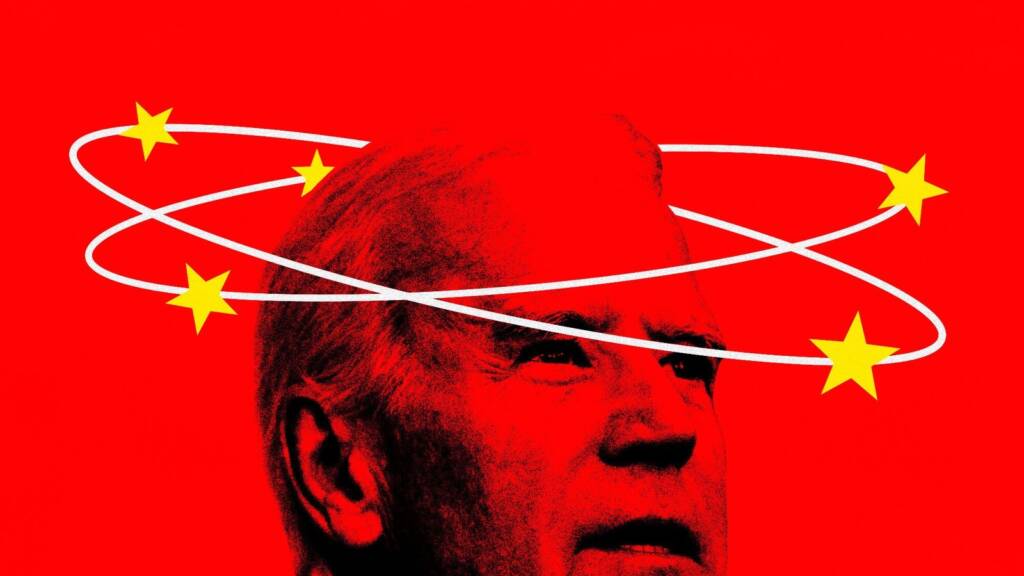U.S. President Joe Biden is set to issue an executive order on Wednesday, with the goal of curbing substantial transfers of sensitive personal data to designated “countries of concern.” This move aligns with the broader strategy of reducing interdependence between the United States and China.
The executive order specifically targets the sale and transfer of various types of personal information, such as genomic, biometric, and financial data, pertaining to U.S. citizens. Among the countries anticipated to be labeled as “countries of concern” are China, Russia, North Korea, and Iran.
Join us on Telegram: https://t.me/tfiglobal
The U.S. government has expressed concerns regarding potential misuse of personal information by malicious actors utilizing advanced technologies like artificial intelligence. This executive order has potential implications for various sectors, including manufacturers, online sellers, biotechnology firms, and other businesses engaged in the collection and analysis of substantial datasets for product development and marketing purposes.
The application of this order to Chinese companies with a physical presence in the U.S., such as TikTok or Shein, remains uncertain. The Justice Department and relevant agencies are tasked with finalizing specific regulations, with a commitment to consulting U.S. business interests before determining the enforcement commencement date.
During the regulatory process, special attention will be given to ensuring the functionality of financial services, and certain exceptions may apply, particularly for intracompany data transfers by multinational corporations with operations in China.
The U.S. government acknowledges that legal channels currently permit the sale of personal data to countries of concern through data brokers. President Biden’s executive order is designed to curb such transfers, marking a departure from existing practices.
Read More: Biden Drops Cybersecurity Bomb, China on High Alert!
Importantly, the order is tailored to address outbound data transfers and will not impact the internal storage procedures within the United States.
This move is noteworthy, as it is uncommon to restrict data transfers to specific countries based on national security considerations. In contrast, the European Union has been a frontrunner in formulating data protection laws, emphasizing individual privacy. China, on the other hand, has implemented restrictions on the cross-border transfer of domestically collected data.
By taking steps to control the international flow of personal data, the U.S. government, through this executive order, aligns with evolving global perspectives on data protection and security, contributing to the ongoing dialogue surrounding the regulation of data transfers in the interest of national security and privacy.
The historical stance of the United States favored the unrestricted global movement of data; however, the Biden administration has shifted its approach. In the previous year, the administration withdrew its backing for digital trade rule development at the World Trade Organization. Additionally, discussions on digital trade within the U.S.-led Indo-Pacific Economic Framework was halted at the insistence of Washington.
Read More: Unseen Shadows: US Quietly Gears Up for Potential Conflict with China over Taiwan:
According to the International Telecommunication Union, the cross-border transfer of data experienced a nearly fivefold increase over the five-year period leading up to 2020. The surge in data protectionist measures may pose a challenge to sustaining this upward trajectory.
The change in the U.S. position underscores a broader reconsideration of the global approach to data governance, as nations grapple with the implications of unfettered data flows in the context of national security and privacy concerns. The evolving dynamics in international discussions on digital trade reflect a recalibration of priorities with potential repercussions for the future trajectory of cross-border data transfers.
